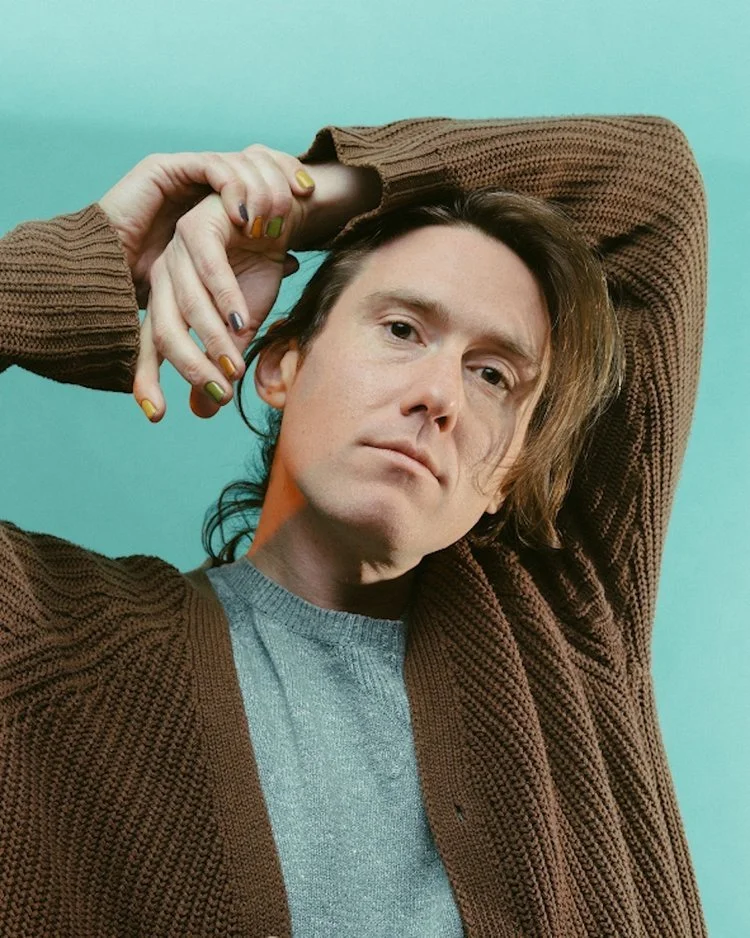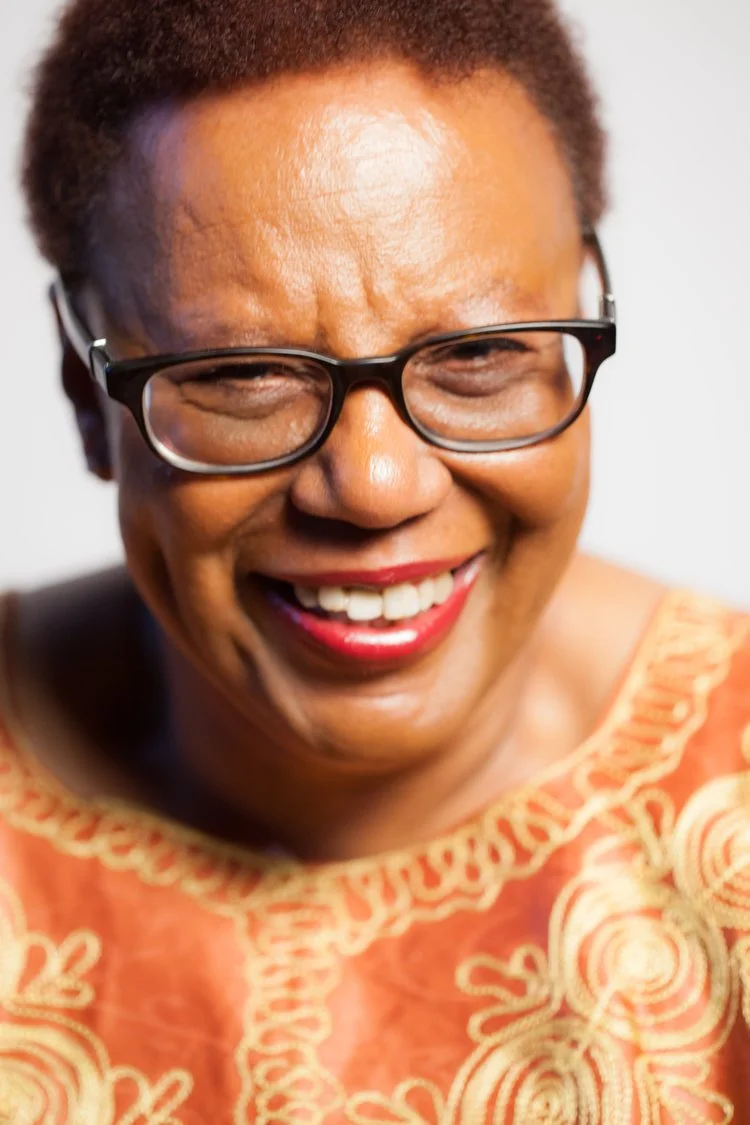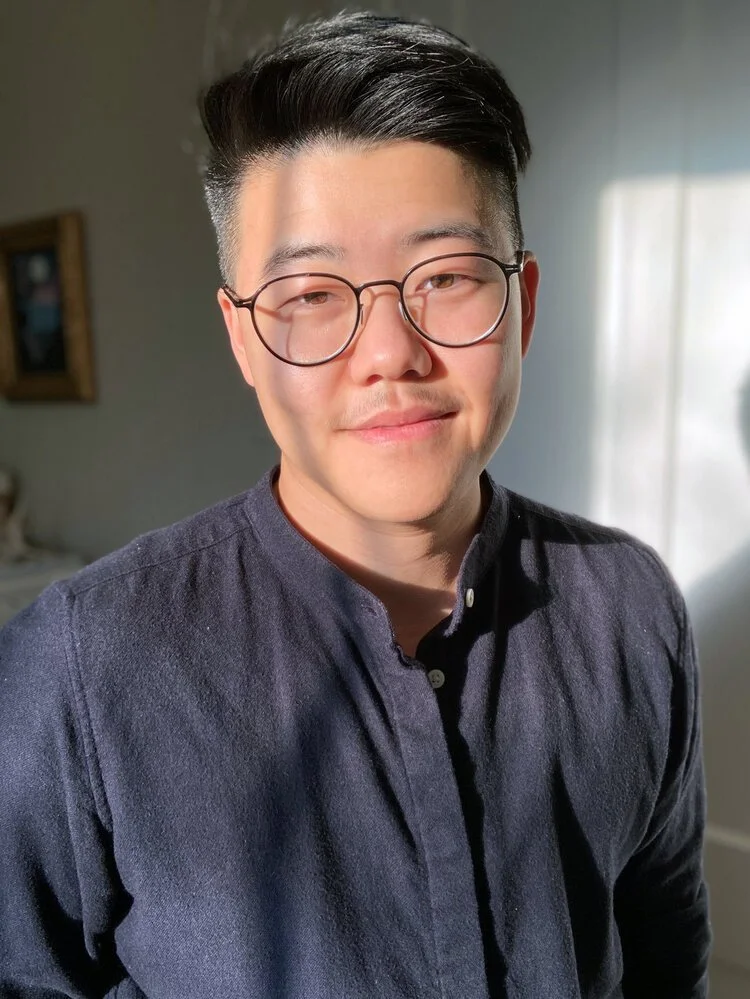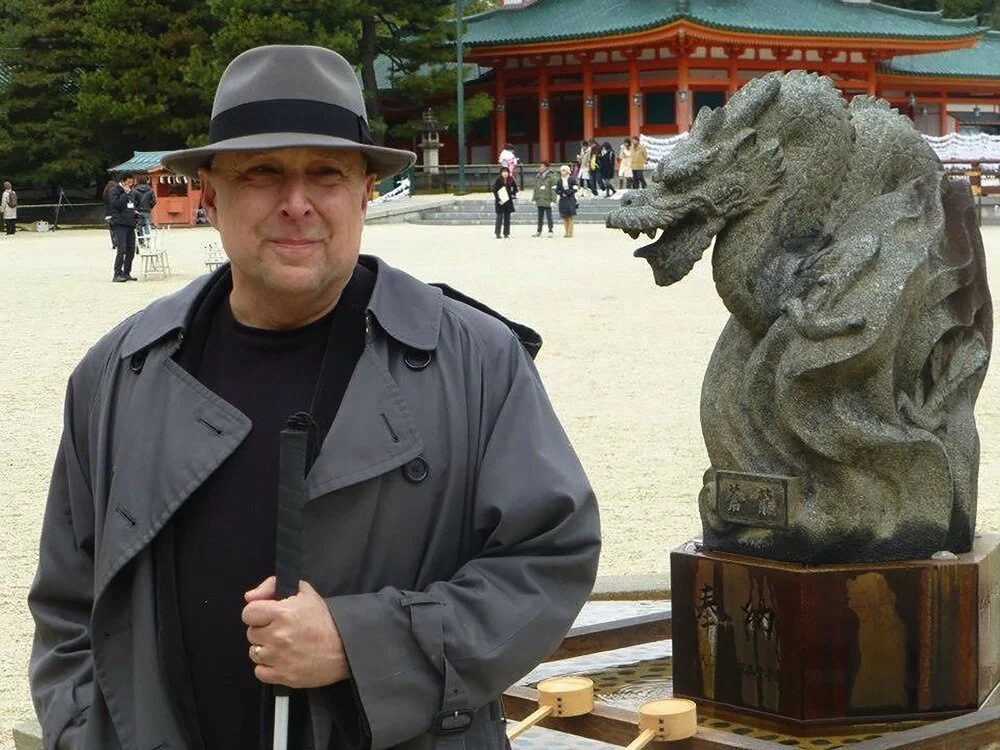Alexander Chee is the award-winning author of the essay collection How To Write An Autobiographical Novel and bestselling novel The Queen of the Night. His first novel Edinburgh was named a Publisher’s Weekly Best Book of the Year, and won the Iowa Writers' Workshop's Michener Copernicus Prize in Fiction, the Lambda Literary Foundation's Editor's Choice Prize, and the Asian American Writers' Workshop Literary Award. Currently, Garth Greenwell is teaching a Master Class on Edinburgh for The Work Room, which Chee will join for the last session. Next quarter, Chee will teach a Craft Seminar for The Work Room on his recent work as editor of Best American Essays 2022. He is an associate professor of English and Creative Writing at Dartmouth College, a contributing editor at The New Republic, and an editor at large at the Virginia Quarterly Review.
Read More“…viewing your life as absurd requires perspective, which is important in writing, especially in dealing with the personal. In this way, humor establishes authorial credibility. Finally, a funny line requires particular timing and verbal precision, both of which are important in general.”
Read More“Authenticity is essential for a good reading. Yes, this is an age of self-promotion, but real life is not social media, which means that we want more than a curated ideal. I ask my clients not to perform, not to play a part. Rather, I encourage them to have a conversation with the audience, behaving as they do out in the world.”
Read More“In these fraught times of deep divisions and book bans, I do believe that reading and writing are forms of activism that everyone can participate in and support. However, that doesn't make us all activists. Activists put their lives and livelihoods on the line for their beliefs, they work tirelessly to advance justice and equity in the world. The fact that some writers are languishing in prison or have lost their lives due to their words is evidence of the power and peril of writing.”
Read More“These programs were vital to my being able to complete my book and ultimately see it through to publication. My biggest takeaway is that there can be a wonderful snowball effect when you take part in these programs. Often, when you’re awarded entrance to a particular program, you gain much more than the advertised benefit.”
Read More“Specifically, I hope writers in the class will be able to see, as a former professor once told me, that “it’s more important that first novels are interesting rather than perfect.” I’m hoping writers will produce their most interesting work in this class.”
Read More“Both writing and podcasting changed my life; my podcast is by and about writing and writers; my podcast changed my writing. Whether or not you ever get recognized on the street (honestly, embarrassing), making audio work will make you a better writer!”
Read More“While I did not create a workshop specifically for women –poets of other genders most certainly can participate in the workshop. I really wanted to focus on who is writing now and what they are saying.”
Read More“In the world of storytelling, setting is critical. Toni Morrison once said that we have to build a world for our characters to move around in. How else would we be able to understand them and their motives if we don’t first understand their setting?”
Read More“There are certain voices that come through my work from time to time- reminding myself that our violent shared realities do not have a monopoly on everything, especially when it comes to the complex matters of the spirit.”
Read More"Recovering academic" is mainly a cheeky reference to some of the bad habits academics and former academics develop after spending many years working in a specialized field with many terms and concepts that people outside of that field are unfamiliar with.”
Read More“A lyric essay is made of singular parts, like a book of poems, but its full expression requires the space of the entire piece, as a novel might. The pieces are interdependent. The tension that keeps each part away from the others, often in an order out of time like a lyric poem, is also a part of the piece.”
Read More“It’s the nuanced and attentive act of imagination that makes listening an art. This is what we’re after in this sort of course. Artful ears!”
Read MoreAmy Gall chats with Leslie Shipman of the Shipman Agency about how the most important ingredient to building a successful small business is love.
Read More“Truong’s work rewards slow reading,” Kirsten Kaschock, one of the prize jurors, said. “Her plots do not surge, they unfold—and the characters within them slowly take shape, accruing character from multiple gestures and observations rather than reactivity. In her books, I felt entrusted with lives lived. The unsaid and the unknown make their presences felt alongside her meticulously researched world construction, and the result is a richness that can’t be spoken of only by addressing what Truong does.””
Read MoreAwarded annually, the $100,000 Ruth Lilly Poetry Prize honors a living US poet whose lifetime accomplishments warrant extraordinary recognition. Established in 1986 by Ruth Lilly, the prize is one of the most prestigious awards given to American poets.
Read MoreAnalyzing the political and economic forces underlying racial inequality and the role of social movements in transforming society.
Read More“Sex is something that has felt far too prescriptive and/or narrowly defined in my life, especially growing up as a queer woman and a gender non-conforming person. I know I’m not alone in feeling this way. Whereas to my mind, eros is all encompassing. Eros is sensation. Eros is self-consensual. Eros is mutually consensual. Eros is feeling tethered to your own awareness of what you and others might desire in a given moment. Eros is texture. Eros is surprise. Eros is play. Eros is finding language for. Eros is living acutely at your own edges – however you define those boundaries.”
Read More“Part of what makes the essay so exciting to work with is that it “does” other genres all the time. There are essays that read like short stories and essays that employ the tools of poetry and essays that draw on the strategies of reportage and the techniques of new journalism. Some of my favorite essays “do” several genres at once, and are, as a result, almost impossible to categorize.” Eula Biss
Read More“All writing requires us to observe the world around us, to be in tune with the dust and the dirt more than the storm, and to be intimately tuned to the lives of others.”
Read More



















